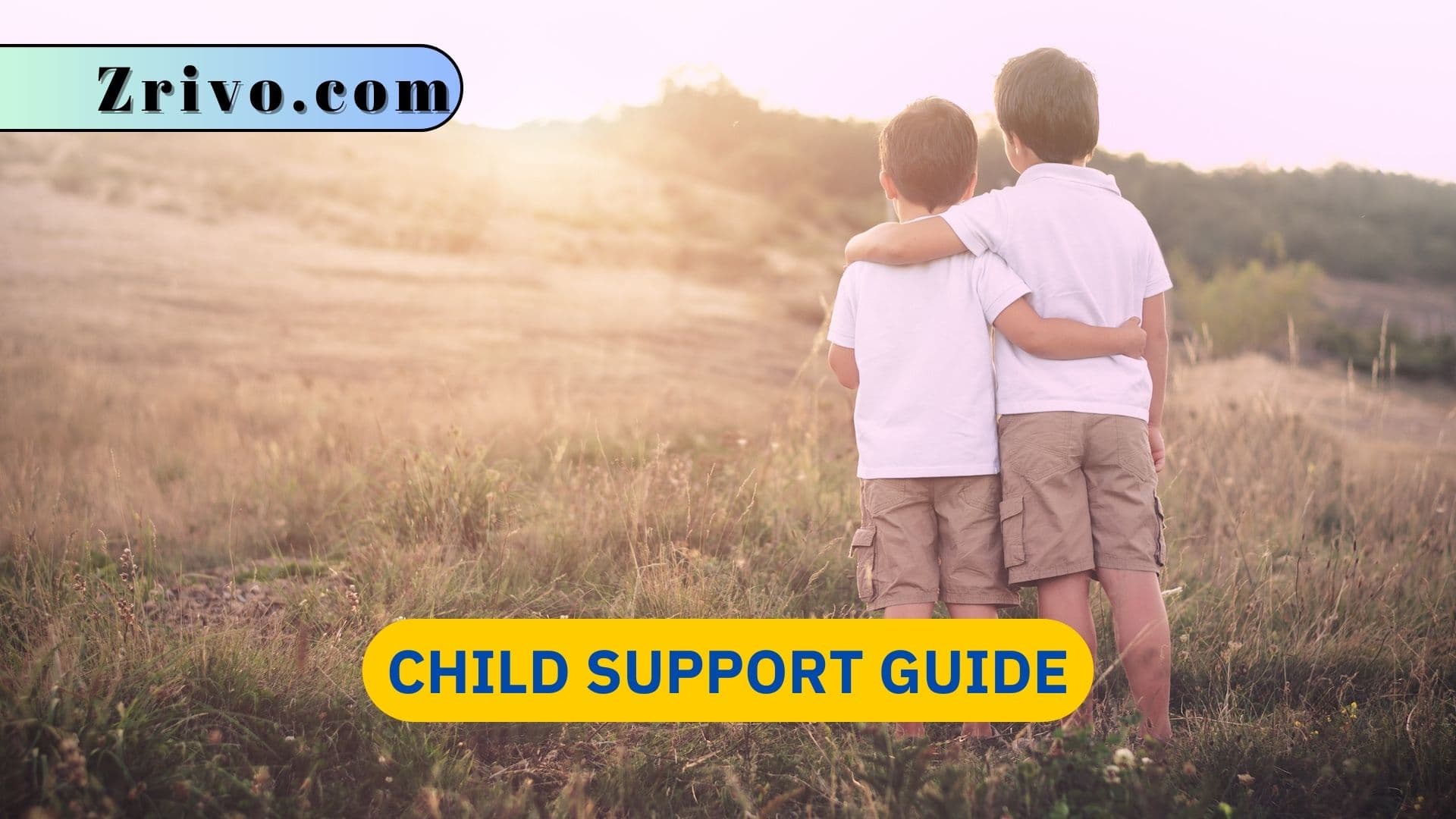
Children are the foundation of our society and the future of our world. They hold immense importance in every aspect of our lives, and it is crucial to recognize and prioritize their well-being. Child support programs are designed to provide financial assistance, medical coverage, and other essential services to ensure children receive the support they need. These programs recognize the financial responsibility that non-custodial parents bear towards their children and aim to make sure that children receive the necessary financial support to meet their basic needs.
Child Support Enforcement Agency (CSEA)
One of the primary entities responsible for managing child support programs is the Child Support Enforcement Agency (CSEA). This agency operates at the state level in the United States and is entrusted with establishing, enforcing, and modifying child support orders. CSEA facilitates the collection and distribution of child support payments, ensures compliance with court orders, and offers services such as locating non-custodial parents, establishing paternity, and monitoring support obligations.

Temporary Assistance for Needy Families (TANF)
The Temporary Assistance for Needy Families (TANF) program provides financial aid to low-income families with dependent children. TANF aims to promote self-sufficiency and reduce child poverty by offering parents or guardians cash assistance, job training, and support services. To qualify for TANF, applicants must meet specific income and resource requirements, and recipients are often required to participate in work-related activities.
Supplemental Security Income (SSI)
Supplemental Security Income (SSI) is a federal program administered by the Social Security Administration. SSI provides financial assistance to children with disabilities or those from low-income households who meet the eligibility criteria. This program ensures that children with special needs receive the necessary financial support to cover their basic needs, including food, clothing, and shelter.

Child Health Insurance Program (CHIP)
The Child Health Insurance Program (CHIP) aims to provide comprehensive healthcare coverage to children from low-income families who do not qualify for Medicaid. CHIP offers various services, including regular check-ups, immunizations, prescriptions, dental care, and emergency services. This program plays a crucial role in ensuring that children have access to affordable healthcare, promoting their overall well-being and development.
Non-Custodial Parent Employment Program (NCPEP)
The Non-Custodial Parent Employment Program (NCPEP) assists non-custodial parents in obtaining stable employment, which enables them to meet their child support obligations. NCPEP equips non-custodial parents with the necessary skills to secure gainful employment through job training, job placement services, and educational support. By empowering non-custodial parents economically, NCPEP aims to enhance their ability to contribute to their child’s financial support.
Fatherhood Programs
Fatherhood programs focus on engaging non-custodial fathers in the lives of their children. These programs offer support, education, and mentoring opportunities to encourage responsible fatherhood. Promoting healthy relationships between fathers and children aims to enhance child well-being and increase the likelihood of consistent financial support from non-custodial parents.

Fatherhood, Responsibility, and Individual Determination (FRIEND)
Fatherhood, Responsibility, and Individual Determination (FRIEND) is a state-administered program that provides employment and support services to non-custodial fathers. The program assists fathers in finding and maintaining stable employment, increasing their earning capacity, and meeting their child support obligations. FRIEND also offers parenting education, financial literacy training, and counseling to help non-custodial fathers become more involved in their children’s lives.
Federal Child Support Guidelines
Federal Child Support Guidelines are rules established by the government to provide consistent and fair guidelines for determining child support amounts in cases involving divorce, separation, or unmarried parents. These guidelines serve as a framework to calculate the financial responsibility of each parent towards the upbringing and well-being of their children.
In many countries, including Canada, the United States, and Australia, federal or national guidelines have been implemented to ensure that child support amounts are determined in a consistent and objective manner. While the specific details may vary from country to country, the fundamental purpose remains the same: to promote the best interests of the child and provide a standardized approach for calculating child support.